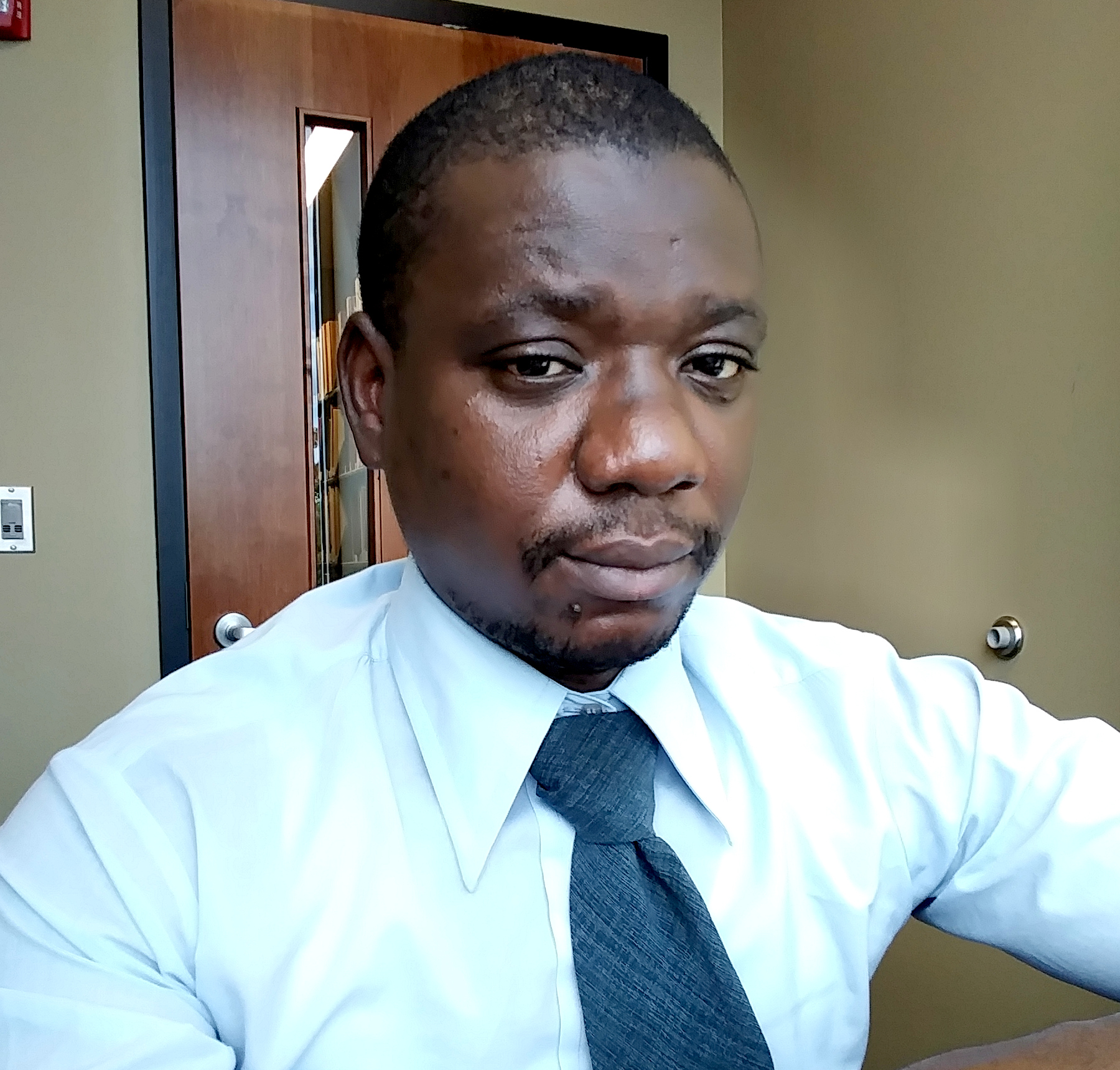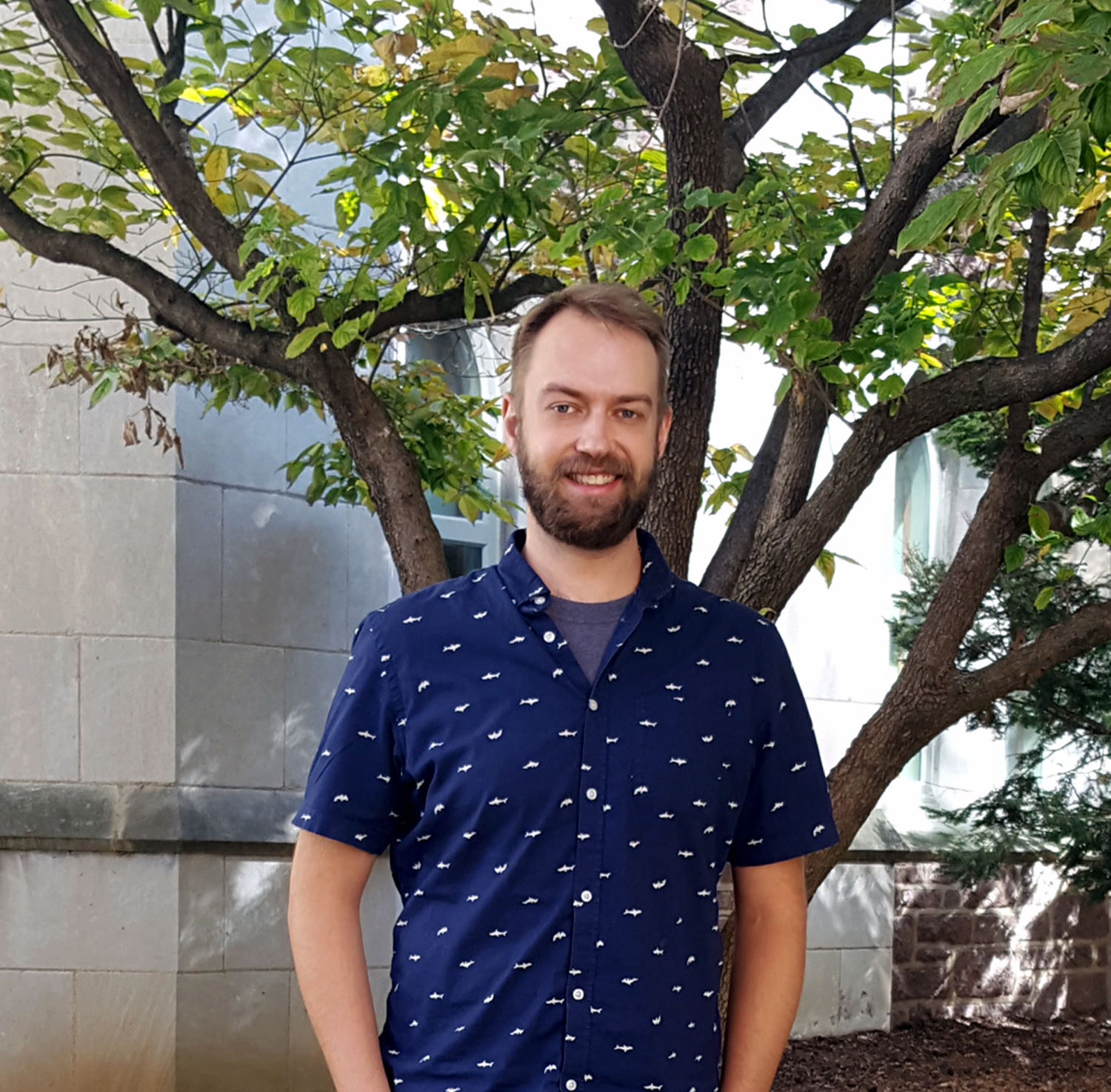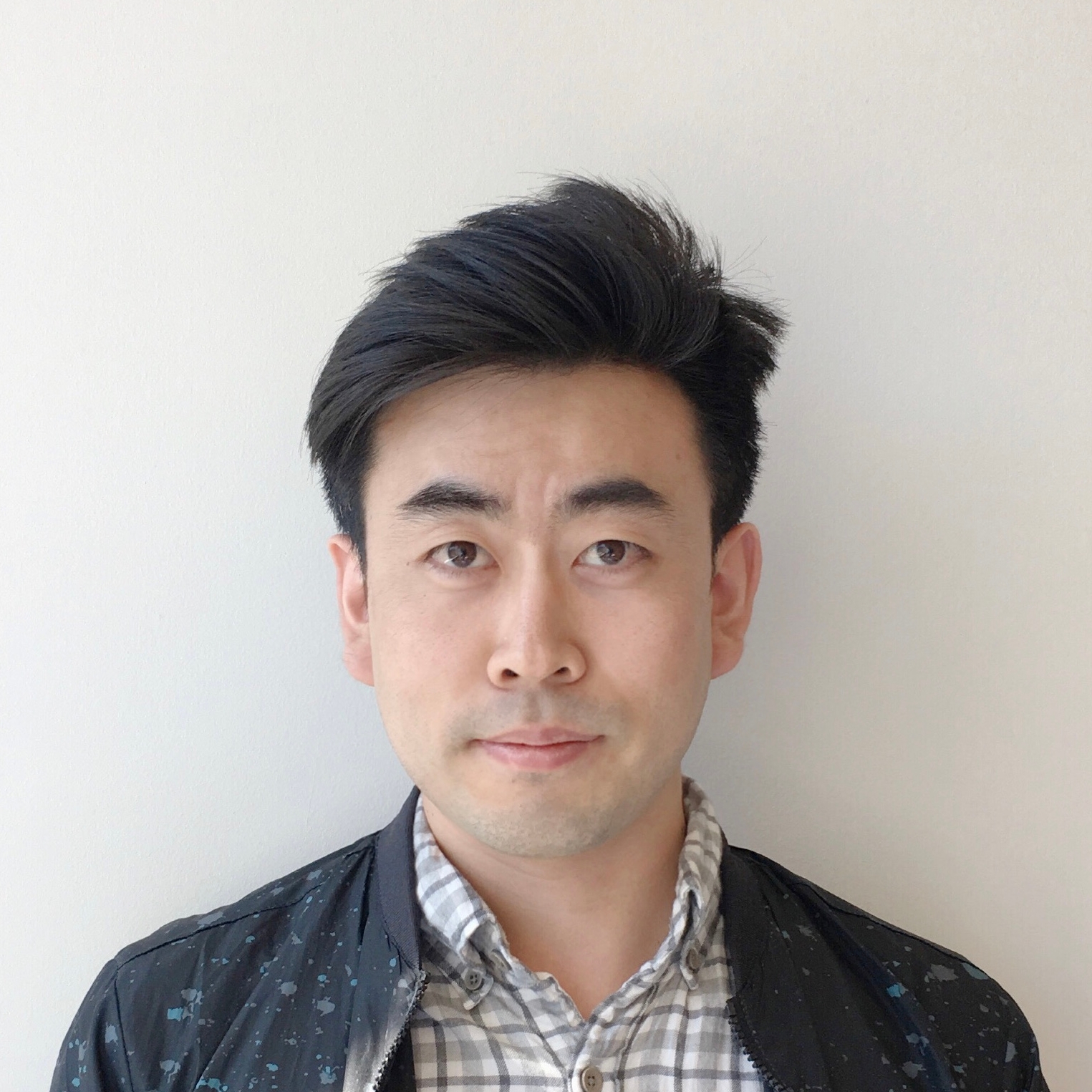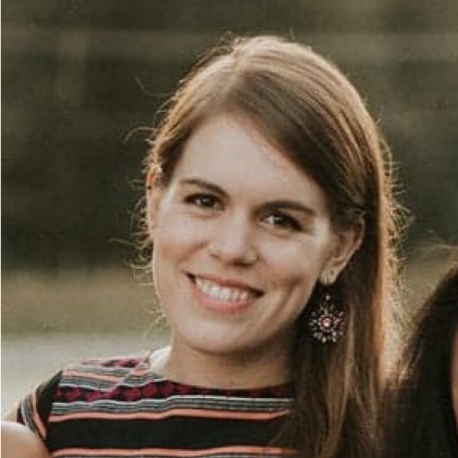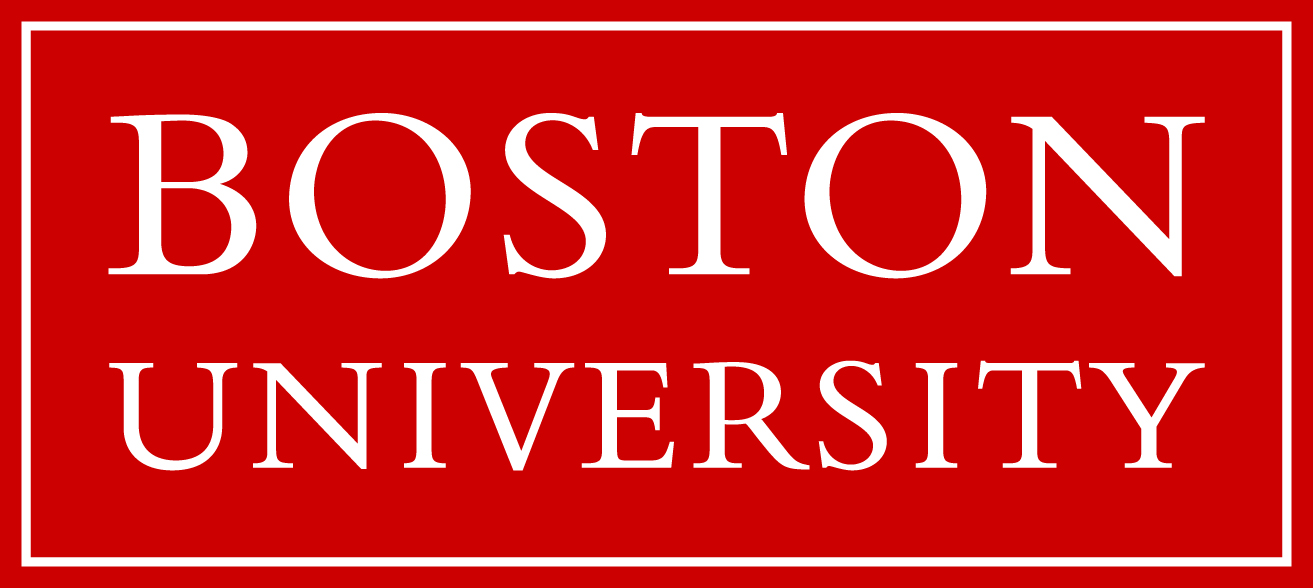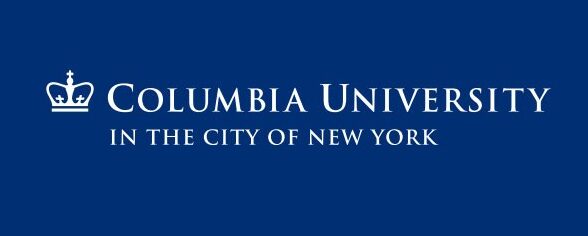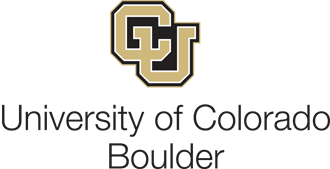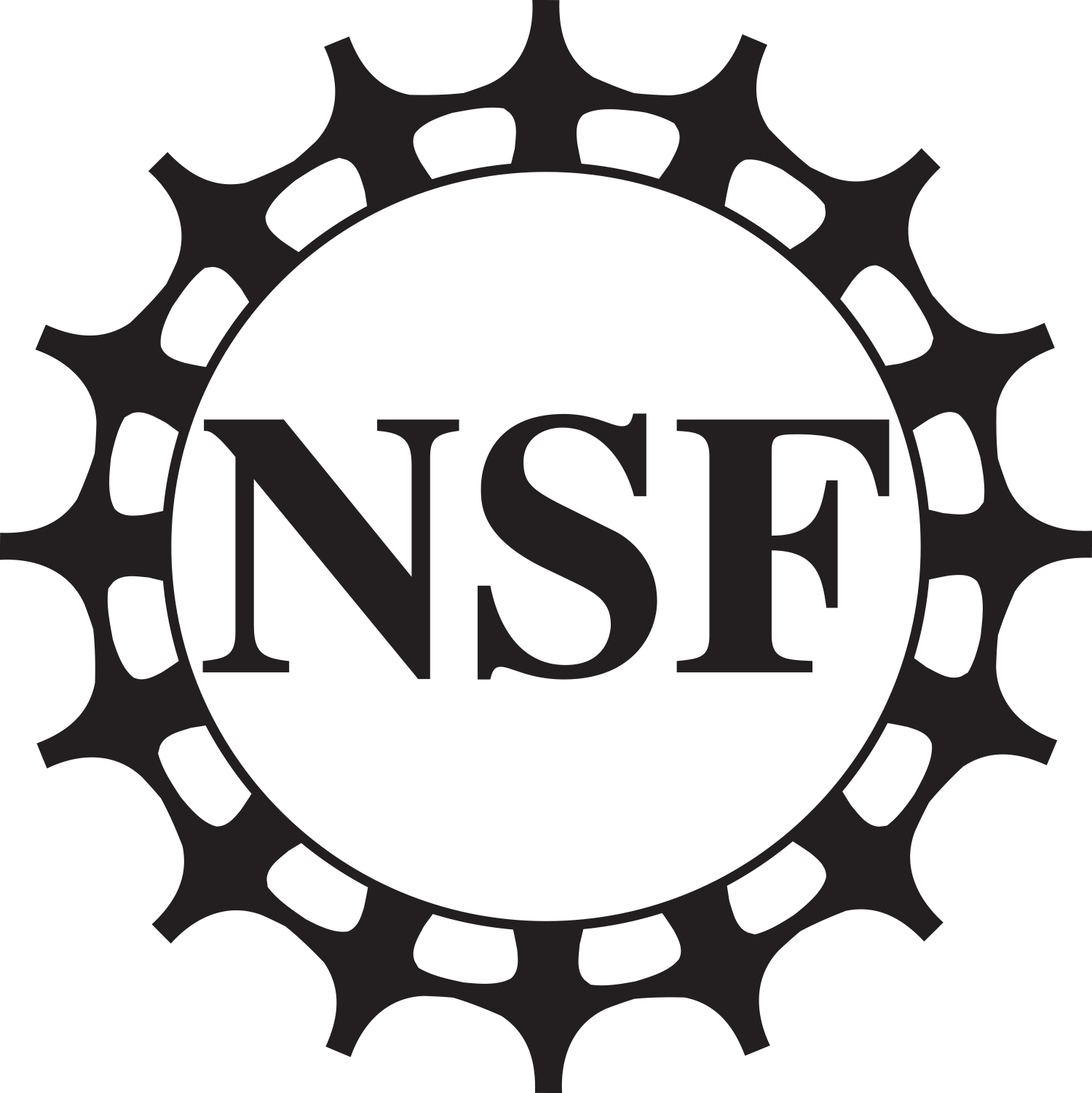CEMB Postdocs
Joseph Ayariga
The mechanisms, the pathways, the biological networks, every structural beauty, every artistry, every empirical utility, every form and shape that entertains, any that informs and educates are indicative of a mind, the presence of brilliant mind at work, or a footprint of a mind that passed by in some time past. As a scientist, investigating and discovering these intricate web of beauty and functionality is inexplicably fulfilling in its own right, it is the juice that keeps me awake at night, and wakes me up very early in the morning to search, and search and research. I am Joseph Ayariga, currently a Research Associate in Dr. Derrick Dean’s laboratory, hopefully looking forward to a postdoctoral opportunity in the same edifice.
Kapish Gupta, PhD
I did my PhD from Mechanobiology Institute Singapore under Prof Hanry Yu. In my PhD I investigated the mechanism of pressure driven hepatic lumen contraction. Currently, I am post-doctoral researcher in Rebecca Wells group and working on developing an animal model for biliary atresia.
Haijiao Liu, PhD
Haijiao is a postdoc working with Dr. Dan Huh in the Biolines lab at Penn. He received his PhD from the University of Toronto in Mechanical and Biomedical Engineering. His research focuses on microengineering of tumor- and fibrosis-on-a-chip models for cellular immunotherapy and drug testing.
Emily Scarborough, PhD
Raised in Pocatello, Idaho, Emily was introduced to scientific research during her time as an undergrad at the University of Pennsylvania in the lab of Dr. James Shorter, where she studied the role of RNA-binding proteins in neurodegenerative disease. She moved to the University of Washington for her graduate work, using single-molecule biophysics and in vitro reconstitution in the lab of Dr. Trisha Davis to interrogate the mitotic kinetochore-microtubule interface. She returned to UPenn for her postdoctoral studies, where she is currently a member of the Prosser Lab in the Physiology Department, focusing on mechanisms of mRNA transport in cardiac hypertrophy.
Him Shweta, PhD
A wide range of biological and physiological processes are modulated by the capability of the cell to respond and sense to mechanical stress/force, yet these mechanical forces are poorly understood at the molecular scale with molecular specificity. For the intricate details and better understanding of these mechanical forces, I am working on Force-FRET (Forster resonance energy transfer) sensors project, which involves designing and characterization of new Force-FRET probes in solution at single molecule level. These Force-FRET probes will be further incorporated into protein of interest (such as Nesprin and Myosin I) and will be calibrated for its mechanical sensitivity by measuring force vs FRET efficiency using combined optical trap/TIRF microscopy and performing fluorescence lifetime imaging
Hannah Zlotnick
Hannah is originally from Rochester, NY, and received her B.S. in Biological Engineering from MIT. Hannah is currently a fourth year Bioengineering PhD candidate in the Mauck Lab, and her thesis work focuses on improving the integration between engineered and native tissues in vivo. Her thesis work, in collaboration with CEMB members at Bryn Mawr, was featured on the front cover of Advanced Materials: https://onlinelibrary.wiley.com/doi/10.1002/adma.202070356
Faculty from a diverse array of institutions and scientific backgrounds, all contributing to research in mechanobiology.
Staff support research and education missions at the University of Pennsylvania and Washington University in St. Louis.
Postdoctoral fellows, graduate students, and undergraduates who have found success in many fields, including academia and industry.


